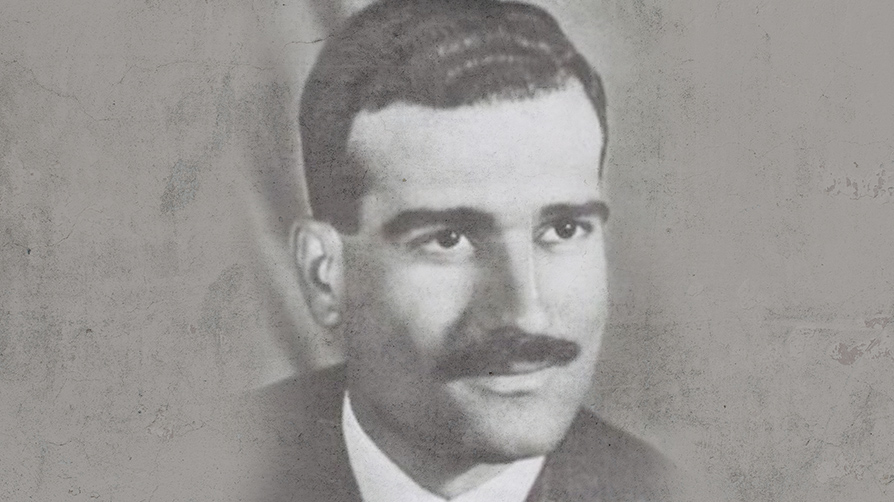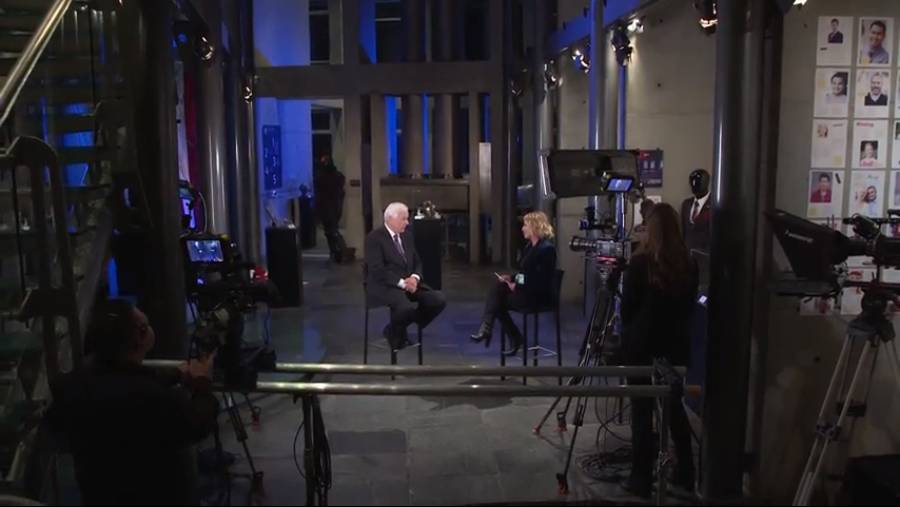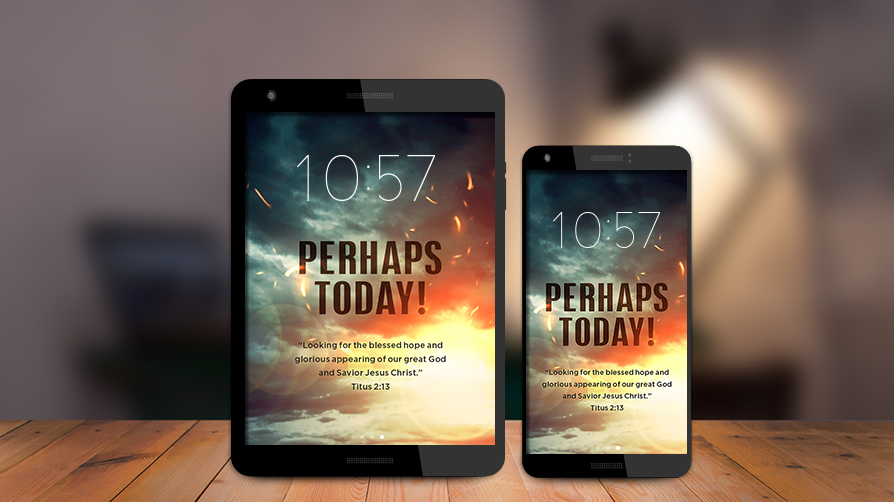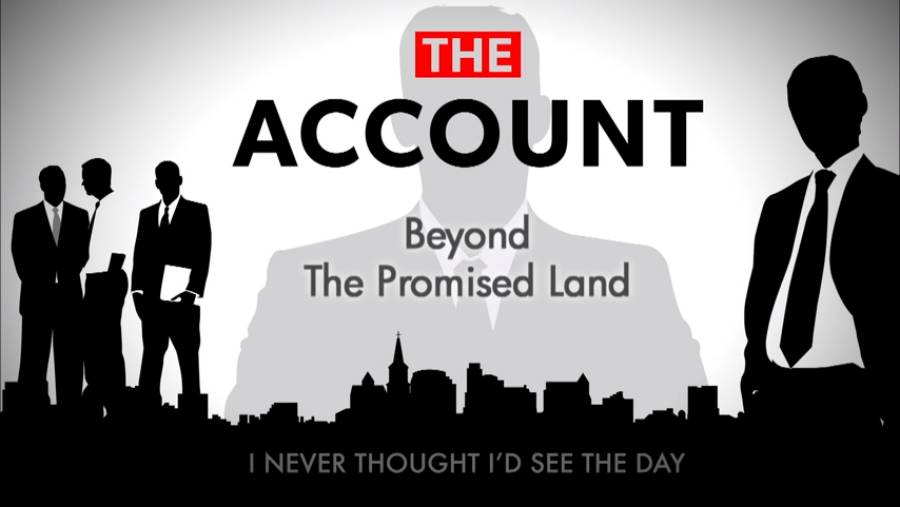

Dr. David Jeremiah Presents
Living inthe Ageof Signs
Online Destination

Living in the Age of Signs
Online Destination

Parade of Envy
Today’s Audio Devotion:
Parade of Envy
A recent article in Psychology Today said, “Envy is our culture’s silent partner. We scroll social media and quietly compare. We see someone else’s good fortune—an award, a baby, a beach vacation—and feel a little sting, then a little shame about the sting. Nobody wants to admit it.”1
The Scripture presents quite a parade of envious people. Rachel envied her sister Leah (Genesis 30:1); Joseph’s brothers envied him (Genesis 37:11); the tribal leaders envied Moses (Psalm 106:16); Saul envied David (1 Samuel 18:8); the psalmist was envious of the rich and famous (Psalm 73:3); the chief priests envied Jesus (Mark 15:10); members of the Corinthian church envied each other (1 Corinthians 3:3). And behind it all, Lucifer was jealous of Almighty God (Isaiah 14:12-15).
If you’re envious of someone, go to God in prayer. First, confess envy as sin. Second, thank God for all the unique blessings He has given to you. Third, pray for the person of whom you are envious. It can be a simple prayer, but God will use it to help that person and to heal your own heart as well.
Envy goes further than just wanting what someone else has; it is the begrudging, frustrating consternation that that person has it.
Mike Fabarez
For Your Phone or Tablet
Official Mobile App and Lock Screens
Beyond the Promised Land
This is episode nine from The Account, an original Turning Point Television production that was created to introduce David Jeremiah's teaching series I Never Thought I'd See the Day! Its message remains relevant for us as we are Living in the Age of Signs.
The Account takes you back to the 1960's when the advertising agency of Wyndham Ridgestone landed the most mysterious client in the history of their firm. This shadowy and intimidating Client hires the firm to influence the masses—to sway the behavior of people toward a liberal mindset—to market a moral shift in American culture. The faceless and nameless Client presents ten issues to the advertising firm and employs it to create these morally destructive campaigns.












